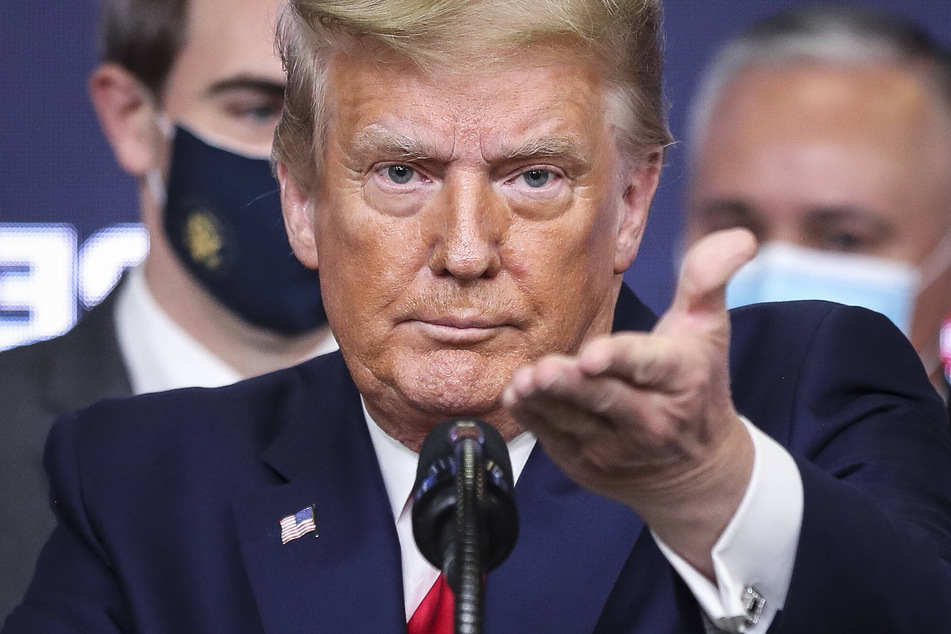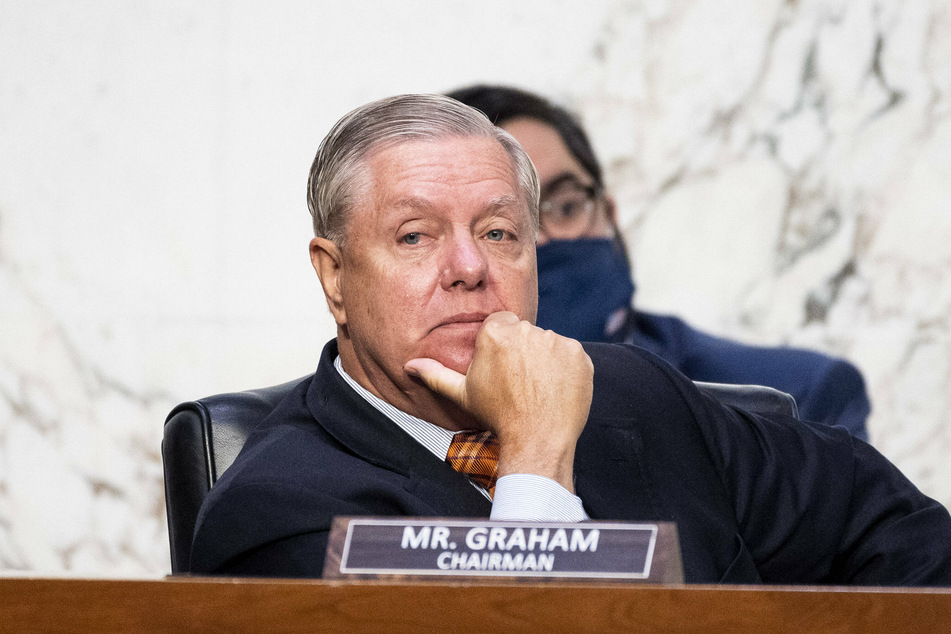Trump finally signs Covid relief bill, but delay may cause millions to lose out
Washington D.C. - President Donald Trump signed into law the $900 billion coronavirus relief bill and the $1.4 trillion federal government budget on Sunday after days of delays.

Congress passed the combined bill last week. By withholding his signature, Trump (74) allowed some unemployment benefits to lapse, meaning millions of people may lose out on cash payments amid the economic hardships caused by the pandemic.
Trump called the bill a "disgrace" last week, demanding that various spending provisions, including some foreign aid, be ripped from the budget. He had also insisted that the direct stimulus payments to people be increased from the $600 in the bill to 2,000.
Trump's demand came as something of a shock, as his own White House had included the foreign spending in its budget proposal and his negotiators in the stimulus talks never demanded the $2,000 figure.
In a statement, the White House said that Trump was agreeing to sign the bill with the smaller figure, but that the House of Representatives "will vote" on Monday to increase the figure to $2,000 per person.

Last week, Republicans blocked an effort by Democrats to get the one-off payment up to 2,000. It remains unclear if a deal has been reached since then, but Senator Lindsey Graham (65), a Trump ally, indicated that the bill will pass.
The White House may get a vote on repealing liability protections for social media companies – a regulation known as Section 230 – but it is far from certain the measure will pass both chambers of Congress.
Trump has long been feuding with major tech firms and has been looking to strip protections. He has raged against Twitter for flagging his false claims about winning the last election, when in fact Joe Biden (78) was the victor.
The relief bill includes extensions for expanded unemployment insurance, as well as some help for small businesses and the airlines. The bill is seen as a compromise and Biden, a Democrat, has indicated he may push for another package once he takes office.
By signing the overall federal budget, Trump averted a government shutdown that would have gone into effect early Tuesday morning.
In his final weeks in office, Trump is also holding up the passing of the National Defense Authorization Act (NDAA), the main national security policy bill, worth $740 billion.
He vetoed the bill, but Congress will hold override votes this week, with the House set to go first on Monday. Based on the overwhelming support the bill got, it is expected to pass.
The NDAA has passed every year since the 1960s.
Cover photo: imago images / UPI Photo
